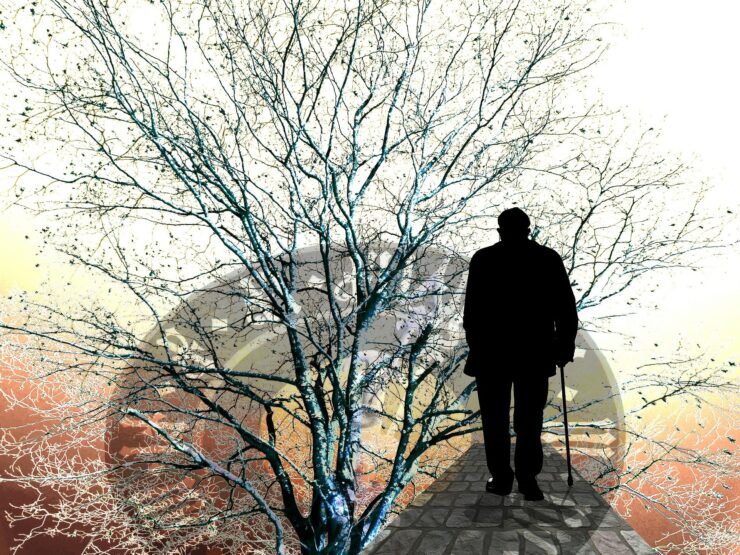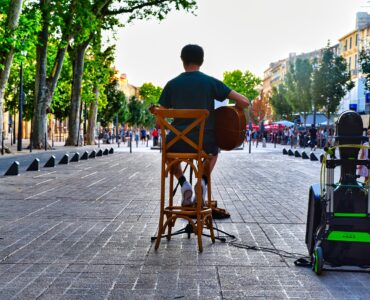Arts for Dementia are offering orchestra sessions with the English Chamber Orchestra at the London College of Music in Ealing, West London, for musicians living with dementia.
With an aim to re-energise families using all forms of art including drawing, dancing, poetry and music, Veronica Franklin Gould who runs the Charity believes that engaging in dynamic arts will inspire both person and carer.
The goal is to override the fog of dementia, revive skills, friendship and a sense of purpose in the community.
Arts for Dementia is working with Julian West, head of the Royal Academy of Music’s Open Academy. Julian is widely involved with music for dementia and takes a special interest in the early stages.
He told Last Minute Musicians:
Music can be a wonderful way to make connections with people living with dementia, because it operates in a realm without words, and it exists very much in the present moment. Music is primarily about feelings and expression, which in many ways are how we know that we are alive, that we exist. When the skills of musicians can be used to acknowledge and affirm the identity of a person living with dementia, that can be a very powerful thing.
Julian West
How music can tackle dementia
Research commissioned by the Nursing Times has shown that music therapy effective at all stages of dementia.
Carried out by Jacqueline Craig, she concluded that the best results use familiar music, conducted by qualified music therapists two to three times a week for 30-50 minutes.
Over 800,000 people in the UK live with a form of dementia
Music therapy can increase emotional wellbeing and reduce agitation
Nurses provide a vital role in dementia care, according to the Department of Health
Early diagnosis improves the quality of life for people with dementia and their families
Whilst the Arts for Dementia’s workshops are likely to be performing classical works, research published in the Nursing Times shows that the best results are achieved when the music is familiar to the participant.
However in some cases, certain types of music can cause distress to those with dementia and therefore it is important to proceed with caution.
As familiar music also significantly reduces agitation, individual sessions are much more effective at engaging participants and produce a positive atmosphere, stimulating memory associations.
By allowing patients to play musical instruments, expressing themselves and understanding music as a source of happiness and enjoyment.
Considering this, folk music could potentially be a good genre for those living with dementia to play thanks to its inclusive nature, simplicity and simple songwriting format.
Sessions take place on Wednesday mornings from 4 February 2015, to attend contact Veronica Franklin Gould or Charlotte Hems Rogers on 020 8780 5217 or email veronica@arts4dementia.org.uk.
Share this:



















